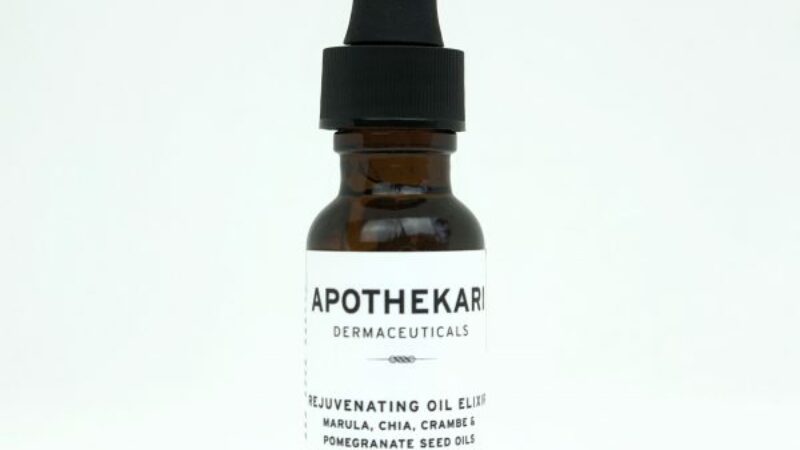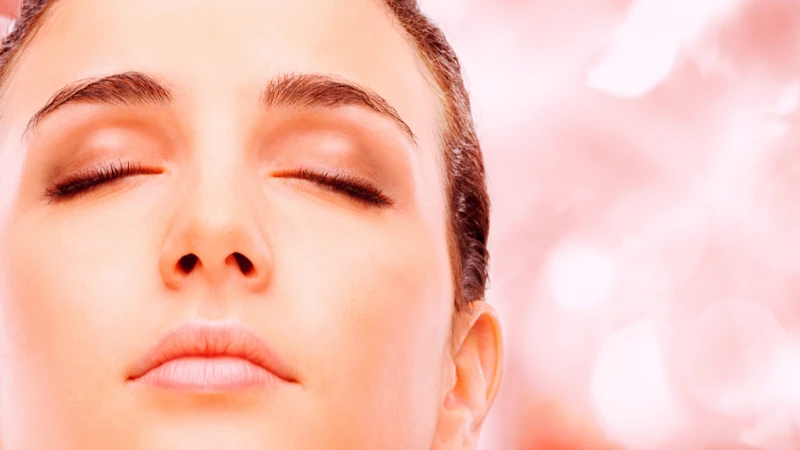Stress and skin; is this something you’re concerned about? If you follow us on social media, you may note that we often post about relaxation, zen, work/life balance and looking after yourself. It’s a well-known fact that stress affects your overall health, including that of your skin. Wellness is something that I feel deeply about so it’s a topic that won’t be a stranger to this blog.
In today’s post, we’ll look at the connection between stress and skin along with 5 signs to watch out for.
First, it’s important to acknowledge that stress isn’t always bad. There is good stress and then there is bad stress. Good stress happens when we are busy doing things we love – planning a big event – a holiday, a party or a wedding. Good stress may also be found in the workplace, when we win a big project, receive a promotion and throw ourselves into our jobs. This kind of stress helps keep us happy, engaged and excited with life. However, when work takes over and we can’t come up for air, we find ourselves struggling about how to pay the bills or if you or someone you care about are faced with a serious illness, bad stress can step in.
What Does Stress Do To The Body?
When we’re under stress, our body copes by releasing a number of hormones, including cortisol. In short bursts, cortisol helps us cope with stressful situations, which is fine if levels are elevated temporarily. Continue the stress long term, however, and high cortisol levels start impacting our health in a number of ways, lowering our immune function, increasing weight gain, increasing the potential for depression and interfering with our memory.
When it comes to stress and skin, here are 5 signs that should encourage you to pay attention:
- Dryness/Dullness. Cortisol can damage the skin’s ability to hold on to water, resulting in moisture loss. Skin may appear dull. Avoid hot water and fragrances and seek out hypoallergenic products to help prevent further dryness.
- Itchy, Ugly Rashes. The loss of moisture explained above can also damage the skin’s natural barrier which is in place to keep out bacteria and other harmful substances. When this protective layer is damaged, harmful bacteria may penetrate through to the deeper layers of skin. These bacteria produce a protein that may activate the immune system, leading to eczema and psoriasis. Additionally, cortisol acts as a powerful steroid that shuts down one part of the immune system (making you more susceptible to colds and flu) but cranks up another, making you more susceptible to allergens, which can lead to itchy and inflamed skin.
- Cold Sores. The impact of stress on the immune system not only increases the risk for flare-ups of cold sores but also shingles, and viral warts.
- Fine Lines. Cortisol. Again! This time, it adds to fine lines by triggering elevated blood sugar levels via a process known as glycation. Ultimately, glycation damages collagen and elastin, two fibers that help to keep skin smooth, plump and firm. Retinoid treatments as in Apothekari A is for Anti-Aging Serum along with antioxidants (try Apothekari Bespoke Vitamin C Serum) stimulate collagen production and can help to diminish the appearance of wrinkles and fine lines over time.
- Acne. Stress triggers the release of androgens (male hormones) like testosterone which are responsible for the production of sebum. The resulting blocked pores provide a perfect breeding ground for acne. Try incorporating treatments with salicylic acid or retinoids, which help to control bacteria and clogged pores.
Living a full life inevitably comes with stress. The key is in how you manage it. What’s your strategy?




